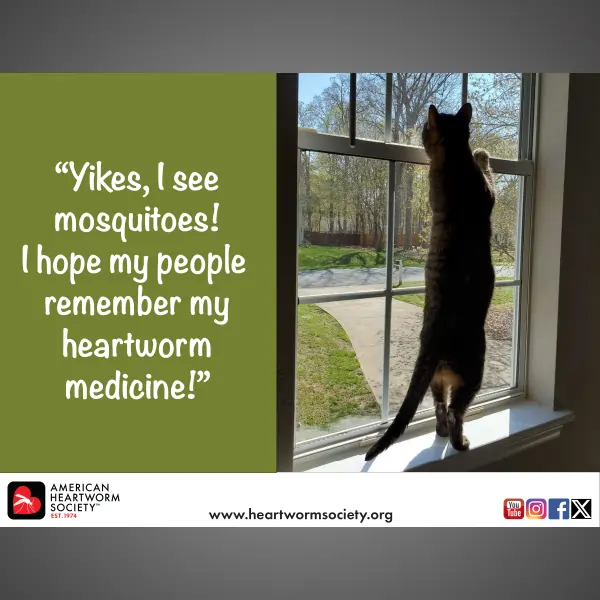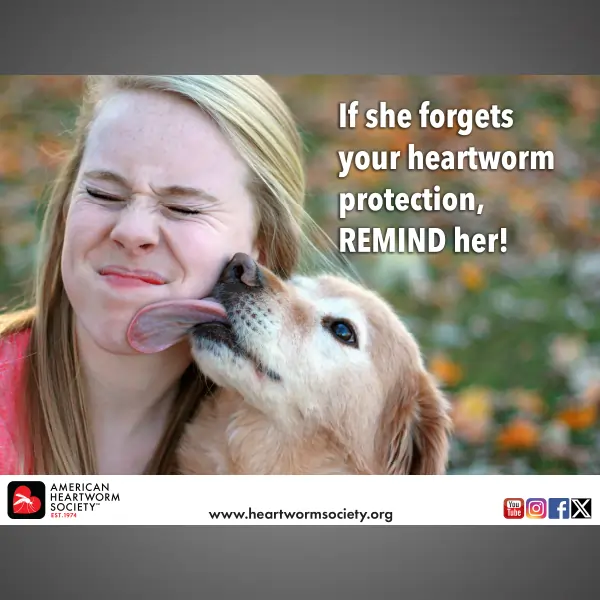PNEUMONITIS
What it is: Inflammation in the pulmonary parenchyma due to HWD
Cause: Death of microfilaria and/or the presence of adult worms
Common clinical signs: Cough, tachypnea
How to diagnose: Radiographs typically show unstructured interstitial infiltrate
Treatment: Steroid therapy, rest and oxygen as needed
HW-PTE
What it is: Thrombus formation from dead and dying worms; thrombi and
worm fragments may stay in place or embolize
Cause: Worm death, which may occur 3-21 days after adulticide administration
or spontaneously
Common clinical signs: Lethargy, shortness of breath, cyanosis and/or syncope
How to diagnose: Echocardiographic assessment for PH, which is usually present (see above);
rarely may see thrombus in pulmonary trunk or branches
Treatment: Sildenafil, rest, corticosteroids and oxygen if needed; anticoagulant therapy when
there is high suspicion of HW-PTE (e.g. cyanosis and collapse 3-21 days after adulticide or
visualization of thrombus) and no contraindications
RIGHT-SIDED HEART FAILURE (R-HF)
What it is: PH puts chronic pressure load on the right heart, leading to
right ventricular failure
Common clinical signs: Lethargy, abdominal distension, shortness of
breath, jugular venous distension and/or pulsation, syncope
How to diagnose: Echocardiography shows right-sided heart remodeling;
presence of transudate or modified transudate cavitary effusions
Treatment: Mechanical removal of effusions, diuretic, pimobendan, and sildenafil (to treat
underlying PH); also consider spironolactone and/or angiotensin-converting-enzyme inhibitor
CAVAL SYNDROME
What it is: PH and decreased right ventricular function allow worms to relocate
to the right heart and cavae
Cause: Worms cause disruption of the tricuspid valve and/or cavae, decreasing
venous return to the right heart, reducing stroke volume and cardiac output;
worm mass can also lead to microangiopathic anemia and pigmenturia
Common clinical signs: Lethargy, right-sided systolic murmur, syncope,
collapse, pallor and pigmenturia
How to diagnose: Clinical signs of above in dogs known to be heartworm+
Treatment: Stabilization (IV fluids, vasopressors, blood products), worm extraction, and
management of specific related issues (e.g. pneumonitis, PH or R-HF)








